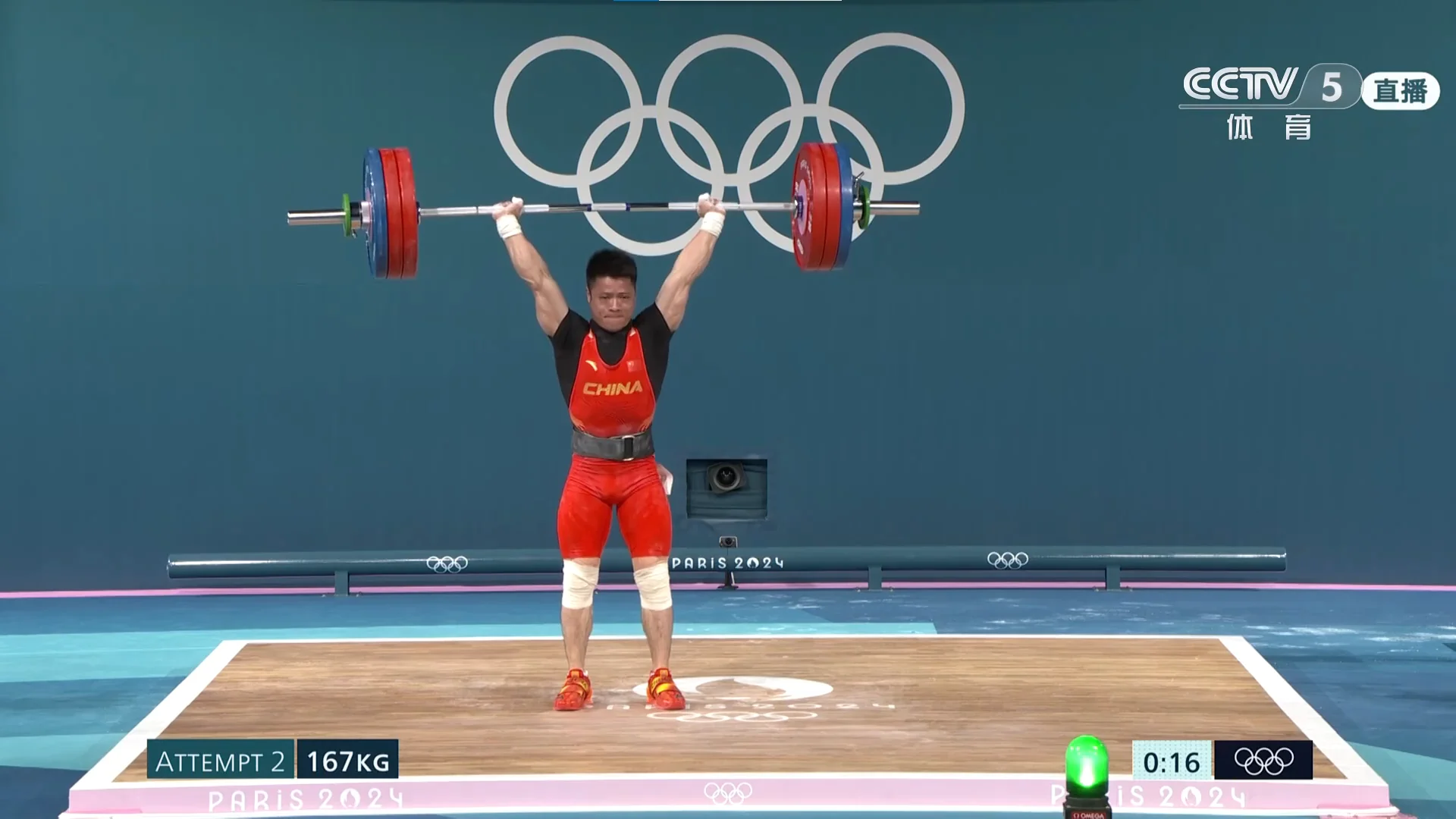Mega-events like the Olympic Games are loved by billions of people around the world, but they have a history of causing harm to the cities and societies that host them. Recent changes made by the International Olympic Committee have helped reduce some of these harms to the host cities and their people.
However, some problems still continue, making the Games unsustainable in the long run. For the Olympic Games to become truly sustainable, there needs to be an independent group created to oversee mega-events and punish organizers when these events harm poor or disadvantaged communities.
Residents who are affected should also have the right to decide which mega-events take place in their city and how they are managed.
Restructuring the Problematic Games
The Olympic Games are a huge global event that celebrates sports and culture, attracting attention from all over the world. The Games come with high costs and often lead to significant changes in the cities that host them, both physically and socially. Hosting the Olympics has historically caused harm to cities and their societies.
Negative effects often include overspending that leaves taxpayers with the bill, large unused infrastructure projects, the use of new surveillance technologies and security practices that make public spaces feel more controlled, and the displacement of local residents through evictions, gentrification, and forced relocations.
Even though recent Olympic Games have claimed to be “green,” they still cause harm. For example, the benefits of Beijing 2022 hurt local residents, and the sustainable practices of Tokyo 2020-2021 were mostly just for show. Looking at the Olympics since 1992, it’s clear that they are not sustainable in terms of social, economic, and environmental impact.

These negative results have led to a lot of bad press, causing cities to be less eager to host the Games. Protests against Olympic bidding and hosting plans have increased, and in some cases, they have led to public votes or even the cancellation of bids. In response, the International Olympic Committee (IOC) has made some changes to its operations.
These reforms aim to make the Games fit better with the city, rather than forcing the city to adjust to host the event, as was the case in the past. One major part of these reforms is focusing on using existing venues instead of building new, expensive ones.
Other changes have also helped reduce costs and streamline the planning process, such as changing the bidding process and adjusting the timing to prevent overspending. These reforms are meant to reduce the damage caused by hosting the Games, increase their popularity, and make the Olympics more sustainable in the future.
The Summer Olympics in Paris 2024 will be the first Games planned and carried out with these new reforms.
Paris 2024 had some successes in making the Olympics more sustainable. The most important success was the high use of existing venues, estimated at 80 to 95 percent. This is a positive step for both the environment and the economy, as past Olympics have suffered from the construction of large, unused venues that are expensive to build and maintain.
From the 2016 Olympics in Brazil to the 2004 Olympics in Athens and the 1976 Olympics in Montreal, many Olympic cities have ended up with big, expensive stadiums that are not needed, leading to overspending. In Paris, most new venues were temporary structures, like the Grand Palais Éphémère, which will be taken down after the Games.
Experts who study mega-events have long called for this approach. Hosting the Games in existing venues and only building temporary structures when necessary should be praised and continued.
Problems faced in Paris
Even with some improvements, there are still problems with Paris 2024. Much of the construction took place in the northern part of Paris, in the Seine-Saint-Denis area, known as the nine-three. This area is economically poor and has a large minority population. Olympic-related projects in this area have caused a lot of harm to local people.
For example, around 400 migrant workers were forced to leave to make space for the Olympic Village, and residents are worried this will lead to the gentrification of the area. At least sixty squats, or illegal housing areas, were also cleared near Olympic sites because of a new law that makes it easier to fine and remove people living in public spaces.
Some people think this is an improvement for the city, but others argue that it is inhumane since affordable housing is hard to find for many people. The squatters were forced out without any plan for where they could live next. This is part of a bigger trend in Olympic host cities where marginalized groups are removed from view to make the city look better for the global audience.
Sadly, this is similar to what happened in Vancouver 2010 and London 2012, where marginalized youth were pushed out of sight before the event.
During the Paris Olympics, there was a strong presence of police and military in both the tourist center and the nine-three area, with many security barriers, strict travel limits, and the use of AI-powered facial-recognition cameras. While security is necessary to protect against terrorism, these measures were also used against local people.

One activist from the nine-three was arrested, held for ten hours, and fined when he tried to show a group of journalists around the Olympic areas in Seine-Saint-Denis. When he tried again a few days later, he was arrested again. Residents are worried that these security practices and technologies will remain after the Olympics and change the way public spaces are used in Paris and in France as a whole.
In another part of the nine-three, a new highway interchange was built near the Stade de France, the official Olympic Stadium for Paris 2024. This was part of a long-term plan to revitalize the Pleyel area by turning it into a business and entertainment district.
Along with this, the metro and train services were expanded and improved. These changes were promoted as benefits of the Olympics, which helped push the city’s development plans forward. However, many local people are unhappy with the project.
The new highway runs close to a local school, and residents say the increased traffic exposes children to dangerous levels of pollution. Despite protests from the locals, the authorities continued with the construction. In Paris, like in other cities hosting mega-events, it is often the poorest and most disadvantaged who suffer from these projects.
While these examples show some of the issues with the Paris Olympics, the situation is not simple. The IOC has made changes to make the Olympics fit better with the host city’s long-term plans. This means cities no longer have to make short-term changes just to host the event, which could hurt the city in the future.
This is a positive change, but it also highlights deeper problems with local politics and the way local leaders are complicit in harming their own people. Local officials’ refusal to listen to residents’ concerns, as shown by the issues in the nine-three, makes the negative effects of the Olympics worse. Therefore, local government should also be held responsible for the harm caused.
As part of the IOC reforms, the plans for the Paris Olympics were linked with the Grand Paris development plan, which aims to connect and transform the areas around Paris. This plan sought to improve urban and economic development, modernize the area, and re-establish Paris as a global leader.
From an outsider’s view, the Olympic reforms seem successful, as the projects for the Olympics were included in the city’s bigger development plans. But when looking at the struggles of the nine-three, it becomes clear that the reality on the ground, especially in the poorest parts of Paris, tells a very different story.
Authentic reforms suggestions
The Paris Olympics caused less harm to local people than some previous Games, but this does not mean they were perfect. These Games did make progress by using existing structures for the sports events.
However, when organizers and authorities claim that everything was developed without issues and that there will be a lasting social, economic, and environmental benefit, this should always be questioned. Every mega-event should be carefully examined by an independent group with both the authority to access information and the power to enforce actions.
Neither the host city authorities nor the IOC are the right groups for this job because both have reasons to make developments look more sustainable and less harmful. Instead, this independent group should be chosen and staffed by people who are not connected to any part of the Games’ organization.
They should have the power to examine all parts of the planning and organizing process, making sure to expose the often hidden aspects, and they should work in an open and clear way. Additionally, there should be consequences for organizers when they make mistakes or break rules. At the moment, however, such a system does not exist.

The ongoing problems in Paris 2024 are mainly due to the controlling attitude of the IOC and France (and other countries with weak democracy).
In Paris, as in many other places, authorities often ignore the voices of the people who are directly affected by these events and treat marginalized and minority residents with disrespect. These problems are made worse by the pressure and influence of hosting a mega-event, and sadly, Paris 2024 is no different.
True sustainability should start by carefully considering the risks, costs, and benefits of hosting the Olympics and should include a system where the residents affected by the event have the power to reject it. Mega-events like the Olympics can bring people together from all over the world.
But instead of empty promises, residents should be fully informed about the costs of hosting the Games. Too often, poor and marginalized communities lose their say when huge projects are being planned. Giving vulnerable communities the right to reject mega-events would completely change the way the Olympics are run.
